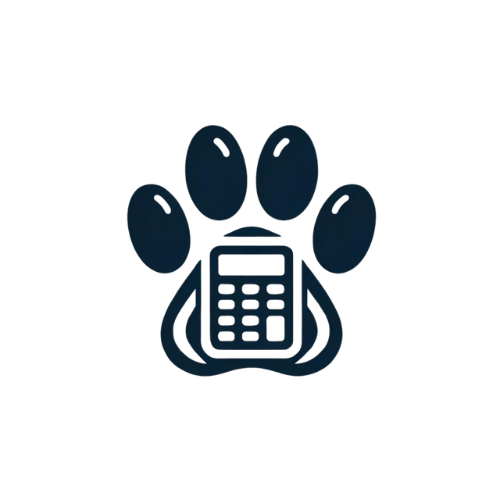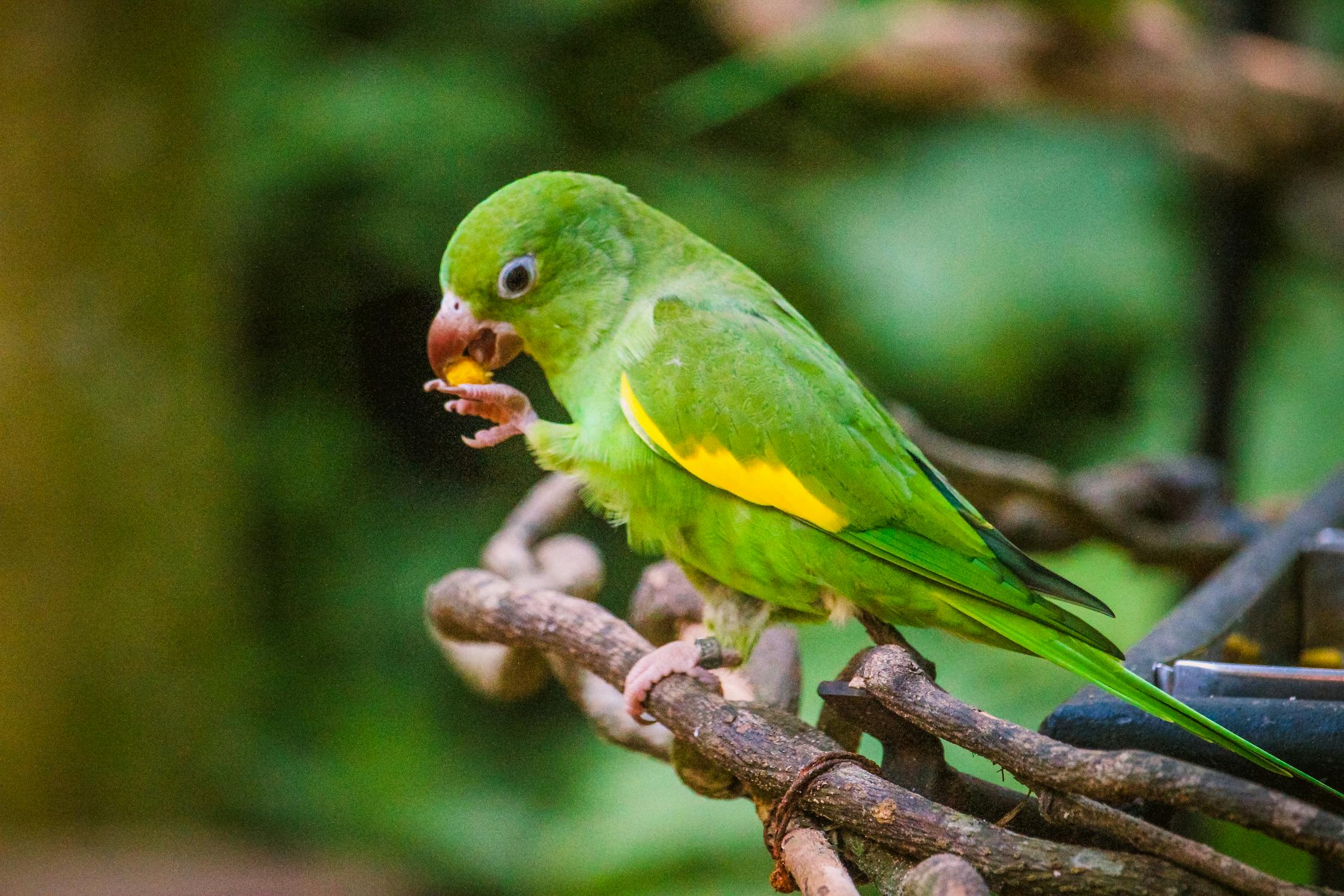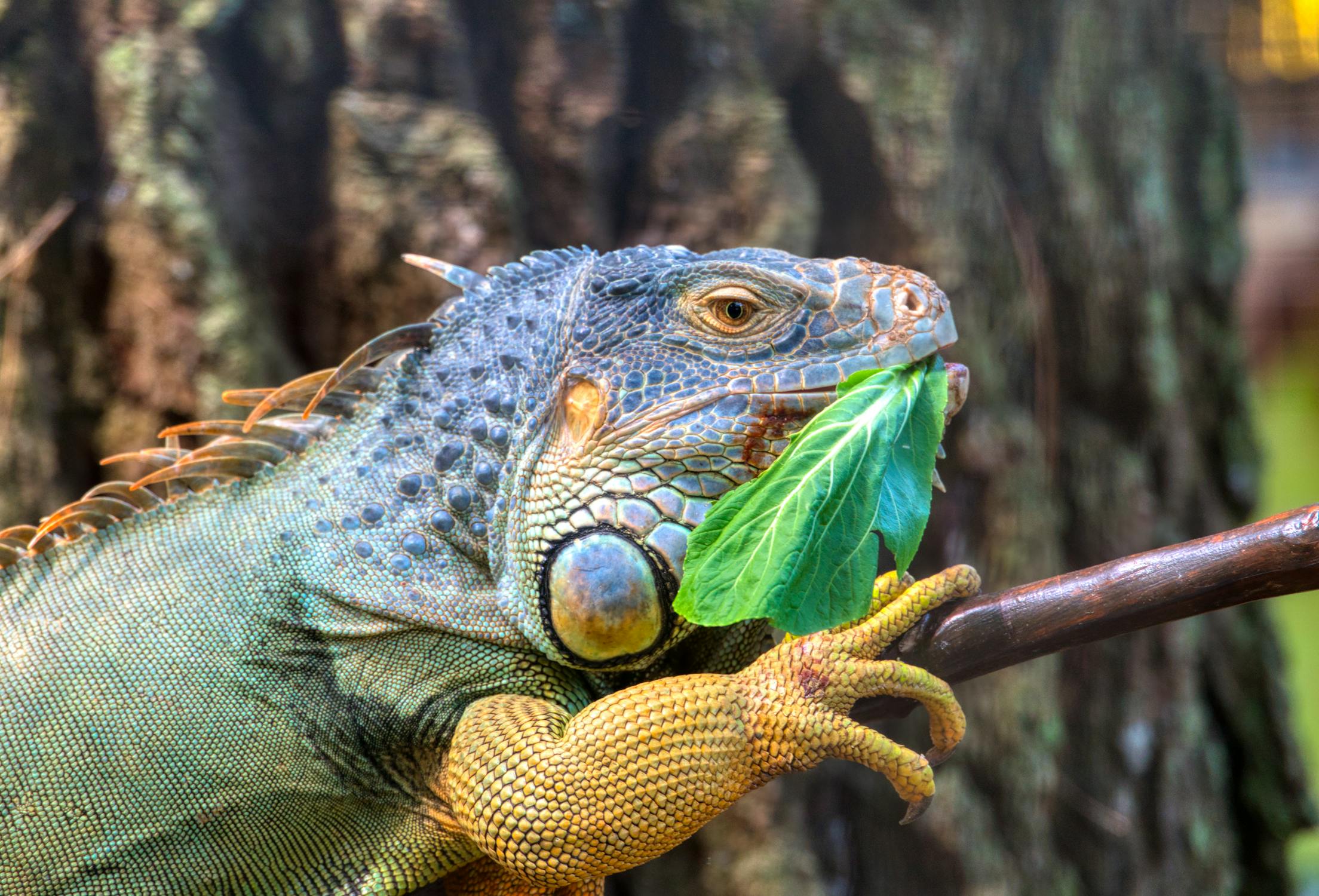How To Use
This tool helps estimate the daily calorie requirements for your cat based on their weight, activity level, body condition score, and neuter status.
Simply fill out the fields and click Calculate to get started.
- Enter your Cat's Weight in pounds.
- Select the Activity Level of your cat.
- Select the Life Stage of your cat.
- Select the Body Condition Score of your cat.
- Select the Neutered/Spayed Status of your cat.
- Select your Cat's Breed Type (optional).
- Select the Feeding Frequency of your cat.
- Select the Current Diet Type of your cat.
- Click the Calculate button to see the estimated daily calorie requirement.
Cat Nutrition Calculator

Fill Out The Fields Below
Result
Breed Types for Cats
| Breed Type | Description |
|---|---|
| Abyssinian | Known for their playful and curious nature, Abyssinians are active and enjoy interactive toys. |
| American Shorthair | Adaptable and easy-going, American Shorthairs are known for their robust health and friendly demeanor. |
| Bengal | Highly energetic and intelligent, Bengals thrive on interactive play and mental stimulation. |
| Birman | Gentle and affectionate, Birmans are social cats that enjoy companionship and gentle play. |
| British Shorthair | Laid-back and independent, British Shorthairs are calm companions that enjoy a relaxed indoor lifestyle. |
| Maine Coon | Gentle giants with a friendly and sociable nature, Maine Coons are known for their size and affectionate personality. |
| Persian | Regal and loving, Persians have a calm temperament and require regular grooming due to their long coats. |
| Ragdoll | Affectionate and docile, Ragdolls are known for their relaxed nature and tendency to go limp when held. |
| Siamese | Vocal and social, Siamese cats are active and thrive on attention and interactive play. |
| Sphynx | Playful and affectionate, Sphynx cats are known for their lack of coat and warm, friendly demeanor. |
Feeding Frequencies
| Feeding Frequency | Description |
|---|---|
| Once a day | Suitable for cats with low energy levels or those prone to overeating. |
| Twice a day | Standard feeding frequency for most adult cats to maintain energy levels throughout the day. |
| Three times a day | Suitable for kittens or active adult cats to ensure adequate nutrition and energy. |
| Four times a day | Recommended for kittens or cats with high energy needs or specific health conditions. |
Diet Types for Cats
| Diet Type | Description |
|---|---|
| Dry Food | Convenient and helps maintain dental health, but ensure adequate water intake. |
| Wet Food | Provides additional hydration and can be more palatable for picky eaters. |
| Combination of Dry and Wet | Balances benefits of both types, offering hydration and dental health benefits. |
Life Stages for Cats
| Life Stage | Description |
|---|---|
| Kitten (0-1 year) | Requires nutrient-dense food for growth and development. |
| Young Adult (1-3 years) | Needs balanced nutrition for energy and maintaining health. |
| Adult (3-7 years) | Maintains optimal health with balanced nutrition and regular exercise. |
| Mature Adult (7-10 years) | May require adjustments in diet to support aging and maintain health. |
| Senior (10+ years) | Needs specialized nutrition to support aging joints, immune system, and overall health. |
Neuter/Spay Status Options for Cats
| Neuter/Spay Status | Description |
|---|---|
| Yes | Reduces reproductive health risks and behaviors like spraying or roaming. |
| No | Maintains natural reproductive health and behaviors. |
FAQs
How much food does my cat need daily?
The amount of food your cat needs daily depends on factors such as age, weight, and activity level. Consult a vet to determine the precise amount for your cat.
What are the best food options for my cat's age and breed?
Different ages and breeds have varying nutritional requirements. Kittens need more protein and fat, while senior cats may require lower calorie options. Breed-specific diets can also address unique needs.
How can I balance my cat's diet for optimal health?
A balanced diet for cats includes a mix of proteins, fats, carbohydrates, vitamins, and minerals. Commercial cat foods are typically formulated to meet these needs, but consult your vet for specific dietary advice.
What symptoms indicate my cat might have a nutritional deficiency?
Symptoms of nutritional deficiency in cats can include lethargy, poor coat condition, weight loss, and digestive issues. If you notice these signs, consult your veterinarian.
How should I change my cat's diet if they are overweight or underweight?
For overweight cats, consider a calorie-restricted diet and increased activity. For underweight cats, high-calorie, nutrient-dense foods can help. Always make dietary changes under veterinary supervision.






